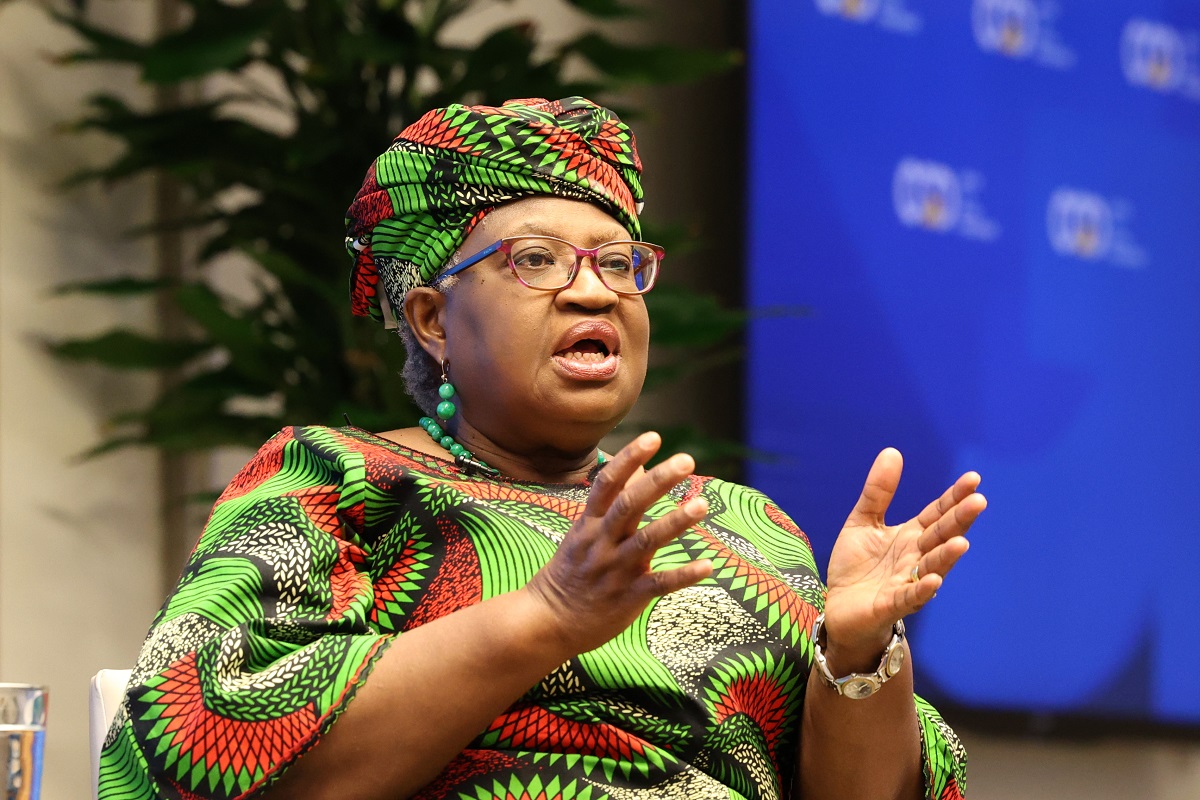Almost seven years have passed since the Trade Act of 2002 was enacted, and finally we have a truly bi-partisan agreement on Trade Adjustment Assistance that reflects the changing conditions of the global economy. The provisions contained within the package, as reported by Reuters last Friday, were inconceivable from a political point of view just a few years ago. Ironically, nearly all of them -- innovative and essential ideas like TAA for communities, coverage for workers in the service sector, eligibility for secondary workers in the supply chain, and availability of health care coverage as specific examples -- were contained in legislation that passed the Senate in 2001 but were deleted in conference negotiations between the Senate and the House.The members of Congress who did not recognize the importance of these provisions at the time, not only to the competitiveness of the U.S. economy but also to the continuity of the bi-partisan consensus on trade, were stunningly shortsighted. TAA was created by President Kennedy in 1961 because he understood that domestic support for the multilateral trading system depended on the availability of a viable safety net for individuals, companies, and communities negatively impacted by trade.Over time, ideology was substituted for logic on this issue in Congress. Instead of creating strong social compacts that allowed flexible yet strategic responses to the inevitable vagaries of trade, we chose to place our faith in market-driven solutions. This created a huge political vacuum and increased opposition to trade. As a result, individuals have been able to state that the U.S. government does not offer viable employment alternatives in times of economic uncertainty. As CGD senior fellow Kim Elliott points out in her White House and the World chapter, "a liberal trade policy cannot regain momentum if policymakers do not address the concerns that a rapidly changing global economy, stimulated by globalization, generates in so many citizens."Now that we have significant -- and of more importance -- well-funded programs designed to assist American workers, it is time that President Obama move aggressively to create a trade agenda that will not only protect the economic welfare of the United States, but also establishes the conditions leading to economic growth, poverty alleviation, and political stability in the international system. Leadership on trade, especially in a world at risk because of the financial crisis, requires looking forward at obvious opportunity, not just back at glaring mistakes.
CGD blog posts reflect the views of the authors, drawing on prior research and experience in their areas of expertise.
CGD is a nonpartisan, independent organization and does not take institutional positions.





